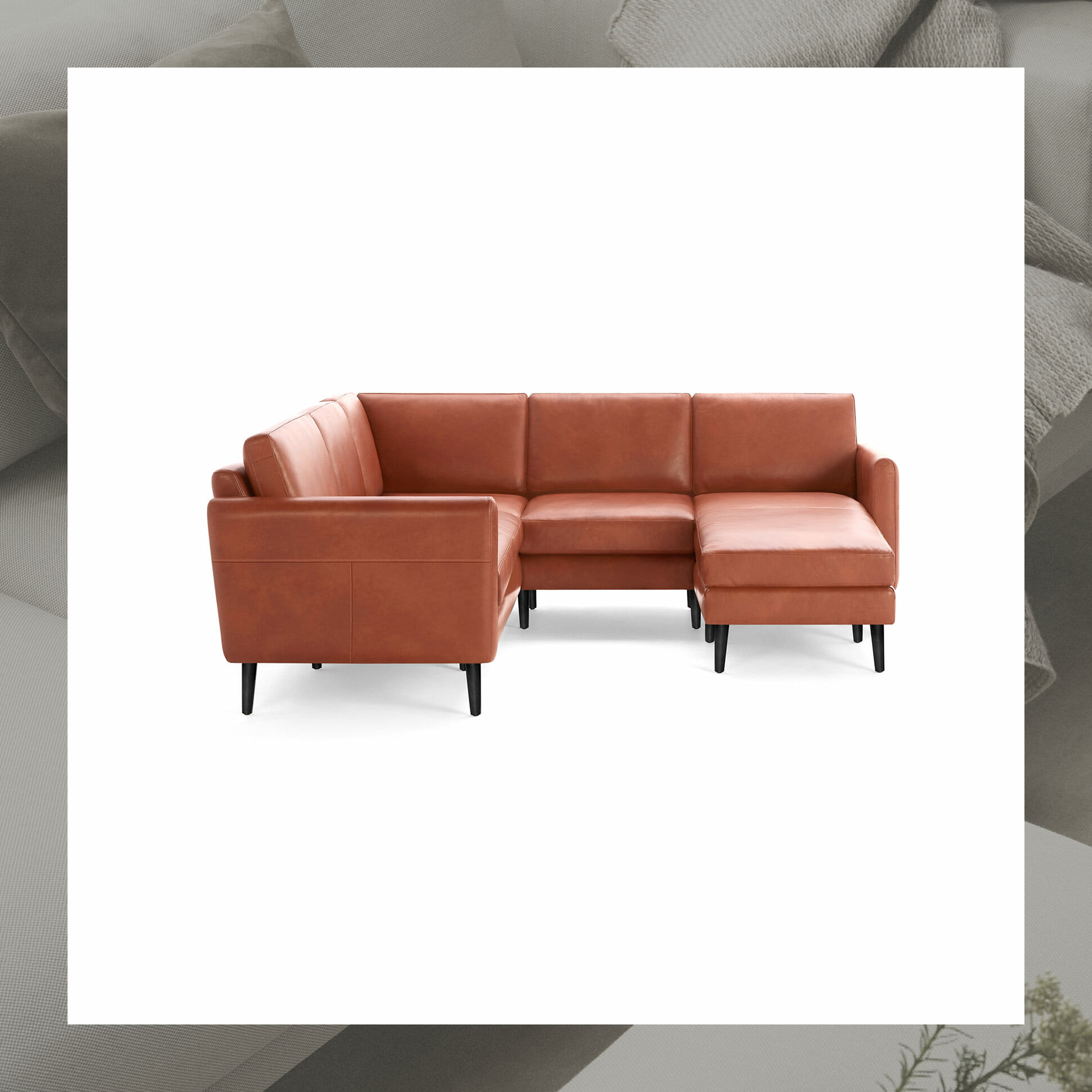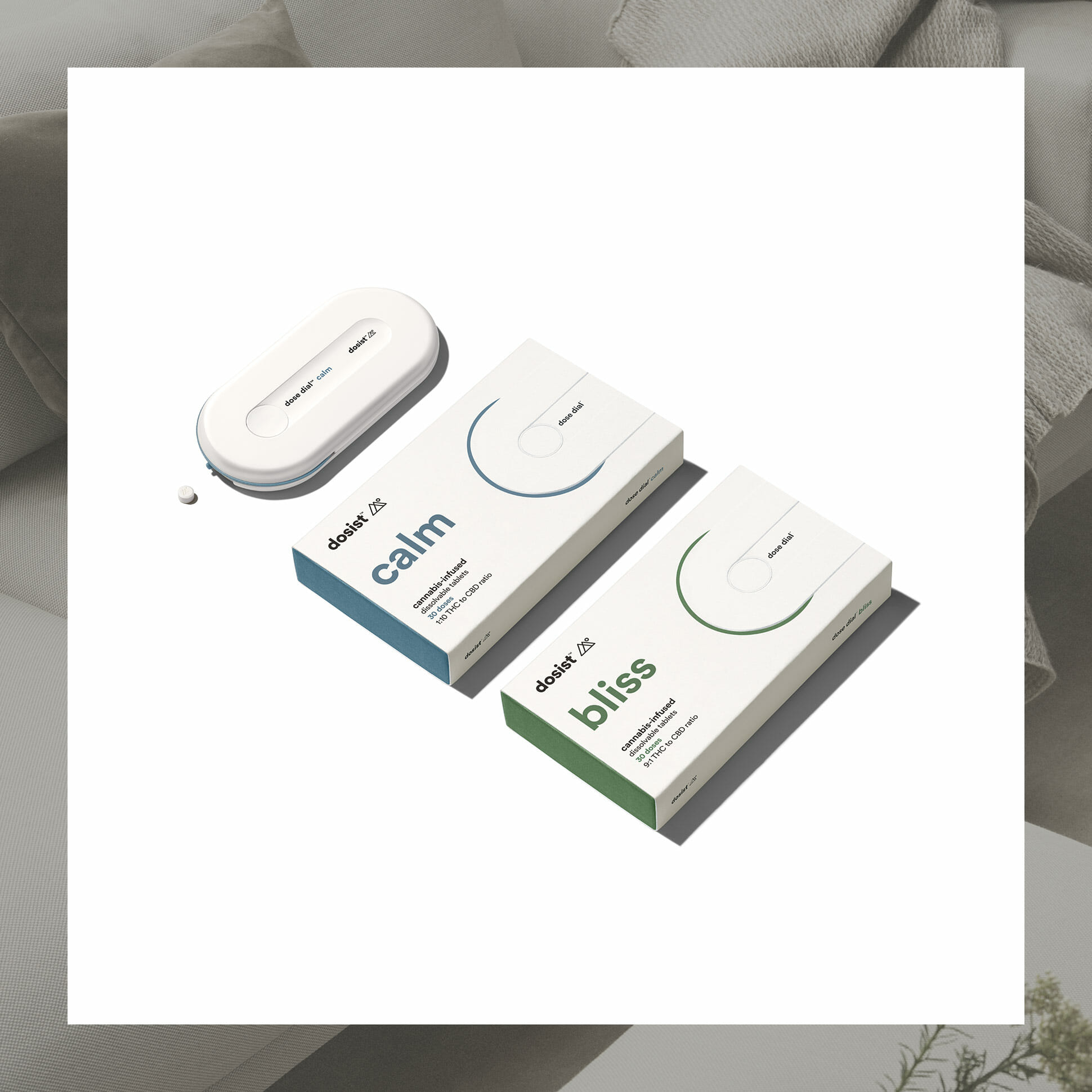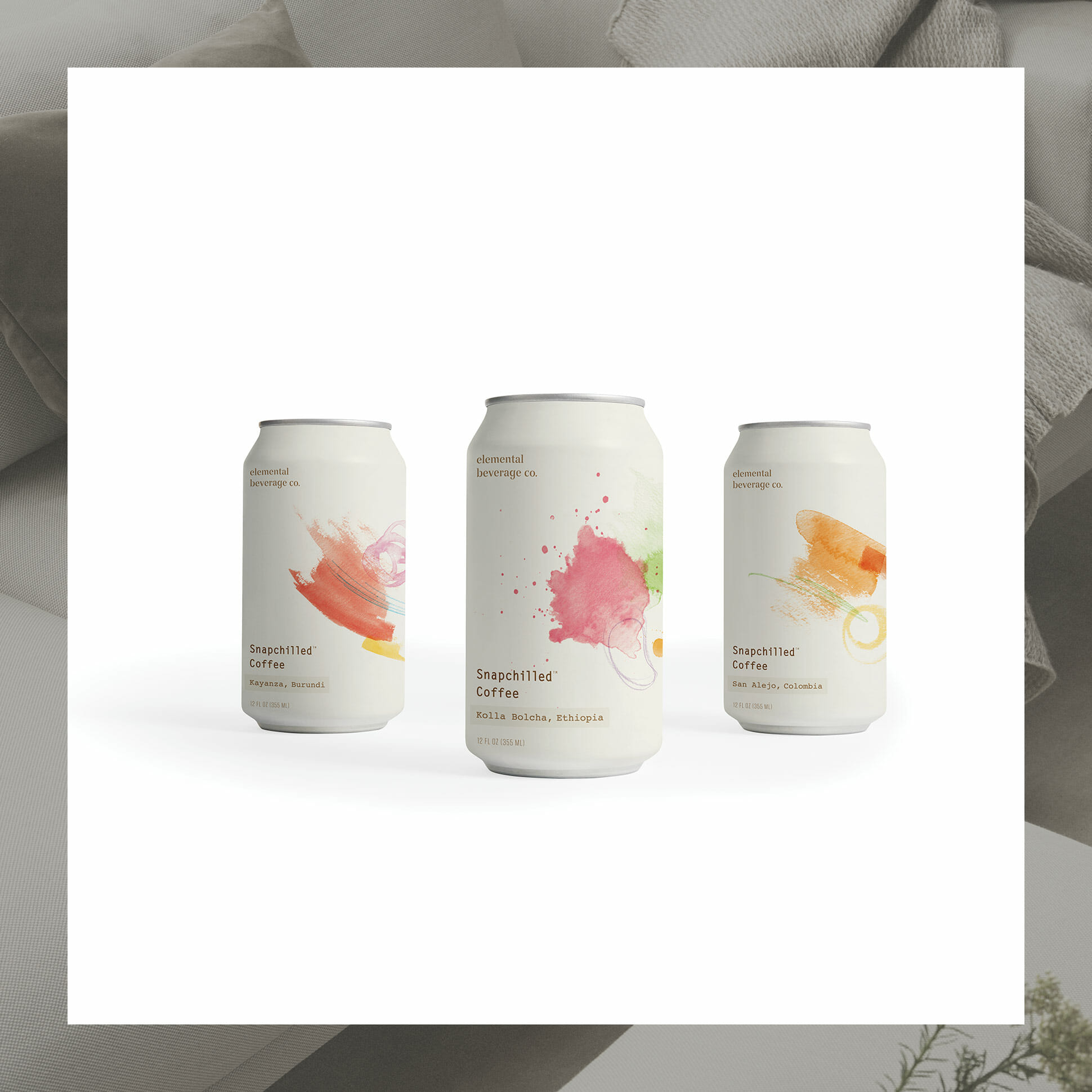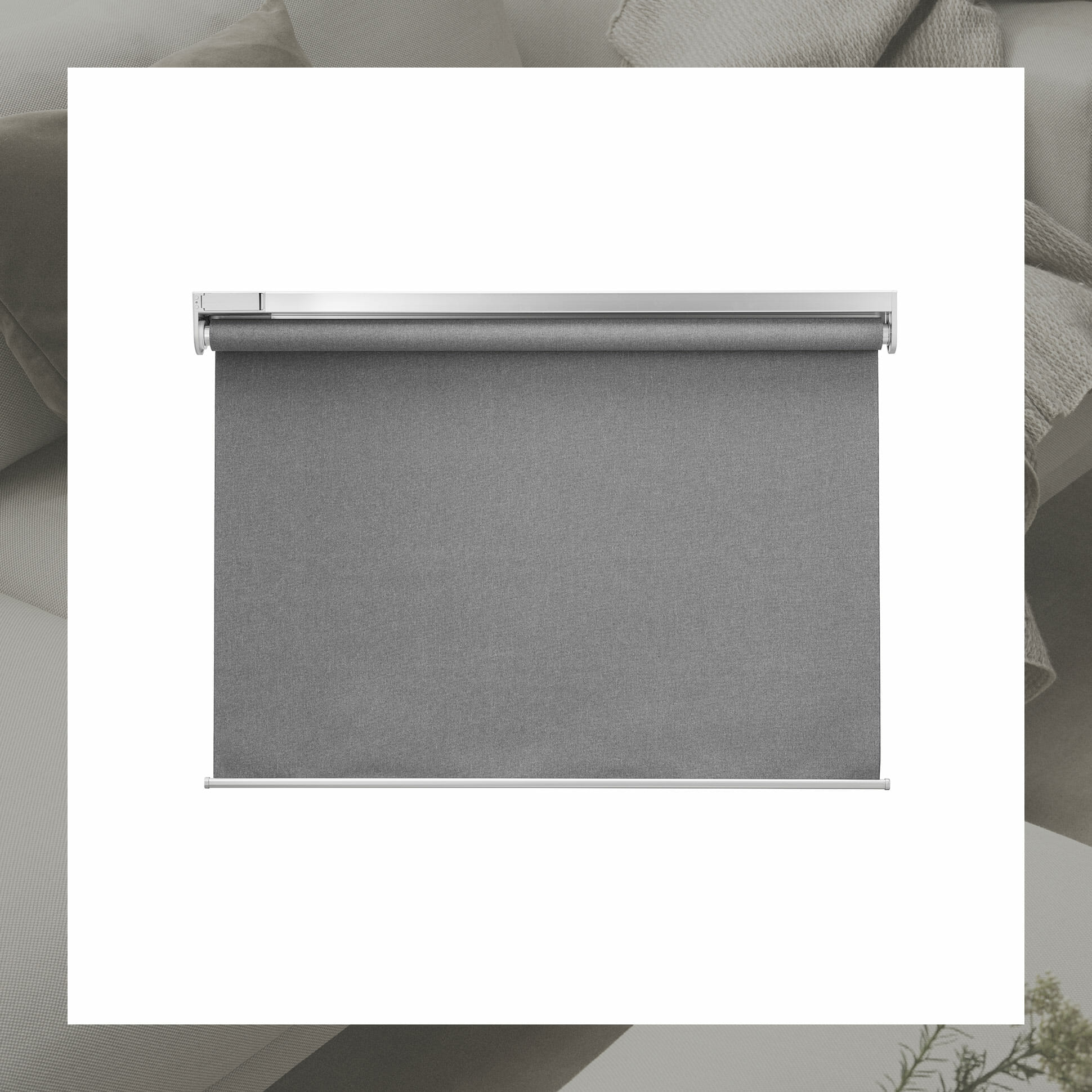This story is part of the GP100, our annual roundup of the best products of the year. To see the full list of winners, grab the latest issue of Gear Patrol Magazine.
At their flashiest, the best home products err on the quiet side — a kitchen knife from a famous bladesmith, a neo-Scandinavian accent chair and the best coffee you can drink from a can. At their most mundane, they maximize utility — an instant-read kitchen thermometer, an ultra-affordable smart bulb and fertilized designed with the help of data. Disparate in name and use, the year’s best home products still share one thing in common: they make every day just a little bit better.
Products are listed alphabetically.
Burrow Nomad Collection
The couches in Burrow’s updated Nomad collection are what happens when a company listens to its customers. Since the brand launched in 2018, consumers have wanted the option of lower armrests for more comfortable napping. They’ve also asked for a sturdier USB charging port built into the base, a chaise and — here comes the big one — leather. So Burrow responded in kind by giving them all of the above. How’s that for customer service?
Material Options: Leather or upholstery
Sizes: Club chair to sectional sofa
Assembly: Approximately 20 minutes
Price: $995+
Further Reading
• The 16 Best Sofas and Couches You Can Buy in 2019
• The Best Couch on the Internet Now Comes in Leather
Casper Glow Light
The year’s best sleep accessory was designed to wake you up. The Casper Glow syncs with users’ sleep schedules — it dims as you doze off and gradually lights up in the morning — but its true calling card is the ability to function as a motion-controlled flashlight away from the nightstand. With long battery life and variable brightness levels, it also functions as an mood light for reading or “Netflix and chill” in the other room.
Color Temperature: 2,700 Kelvin (warm)
Shell Material: Polycarbonate
Battery Life: 7 hours per charge
Price: $89 (single), $169 (pair)
Dosist Dose Dial
Dosist’s sublingual mint tablets aren’t like other edibles. They’re not gummies or confectionary. They don’t taste good. And they don’t get you stoned — which is kind of the point. Each one carries a small, controlled, predictable dose of cannabinoids, which gets you just the right amount of high, every time. Sublingual consumption also means you don’t have to wait an hour and a half for one to kick in.
Measured: 3.7mg of cannabinoids per mint
Tablets: 30 per Dial
Available: California
Price: $30
Further Reading
• The Next Big Thing in Cannabis Are These $1 Tablets
Elemental Beverage Co. Snapchilled Coffee
Even the best coffee go bad, and the culprit is always the same: oxygen. Elemental Beverage Co., makers of a new range of shelf-stable coffees that come in cans and bottles, get around the problem with a proprietary technique called “snapchilling” that cools hot coffee fast enough to ensure the beans’ original flavors aren’t destroyed by oxidation. Even the snarkiest of coffee snobs in your circle will be impressed.
$30 (6-pack) https://elementalbeverage.co/collections/beverages
Single Origins: Burundi, Ethiopia, Colombia
Shelf-Stable: Stays fresh 4 to 6 months
Available: Online
Price: $30 (6-pack)
Further Reading
• Finally, Someone Made Canned Coffee That Doesn’t Suck
Ikea Fyrtur
Smart blinds have always been a tough sell, but not because it wouldn’t be nice to ask Siri, Alexa or Google to let in the light every morning before leaving bed. Starting at $129, Ikea’s new battery-powered blinds require no electrical installation and can be controlled independently or as a group — meaning users can ask their virtual assistant to simultaneously raise or lower blinds in different rooms. The blinds are another example of what the 76-year-old company has always excelled at — popularizing the unapproachable. From designer chairs to niche gastronomy, its new smart blinds are no different.
Designer: David Wahl
Sizes: 8
Availability: Only sold at Ikea stores
Price: $129+
Kramer Shokunin Series
Only Bob Kramer could make a $1,600 knife seem like a steal. From his Bellingham, Washington, workshop, Kramer, widely regarded as America’s greatest living bladesmith, makes knives from scratch using custom-made steels, precious metals and artful handworked designs. His new Shokunin series, meanwhile, features kitchen knives made for more people. Available with fixed prices starting in the mid-$1000s, the knives are released in batches that feature different blade styles; so far, he’s released a nakiri vegetable knife, a santoku and a chef’s knife. To be clear, these are still Kramer knives, and they include many of his trademarks — wide bevels worked paper-thin at the edge, heavier-than-normal weight and incredibly high-hardness carbon steel.
Featherweight: 7.5 ounces
Tough: 62 Rockwell hardness score
Sick Handles: Cocobolo bamboo or blackwood handle available
Price: $1,600+
Further Reading
• America’s Best Knife Maker Just Released His Most Affordable Chef’s Knife in Years
Sunday
Editor’s Pick
It can be tempting to write Sunday off as an organic lawn-care subscription box, but the company’s considered, data-driven take on lawn care presents a genuinely new way to care for a backyard. When a customer signs up for Sunday, they receive a kit to take a soil sample. From there, Sunday tests the contents of the soil to determine what vital nutrients might be missing and needed to better promote the health of the grass. Customers then receive products — which are comprised of materials like organic food waste from grocery stores and seaweed — that are meant to fill in the gaps. For $150 a year, the startup sends customers regular intervals of completely bespoke natural lawn-care products via mail.
Consistent: Three shipments a year
Location sensitive: Uses GPS data to assess sunlight deficiencies
Clean: No glyphosate used in any product
Price: $129+
Further Reading
• Want a Plush Green Lawn Without the Cancer? Buy This
ThermoWorks Thermapen IR
Thermapen has long been the first-choice instant-read thermometer for chefs and pitmasters of all stripes and skill levels. It’s faster and more accurate than its competitors; plus, the digital display rotates automatically for easy reading. And though it was already the best kitchen thermometer money could buy, ThermoWorks upgraded the design with a pro-grade infrared sensor. Use it to track heat levels in all the places you’d rather not put your hands — like a cast-iron skillet.
Margin of Error: Accurate to 1 degree Fahrenheit
Efficiency: Temperature reading in 2 to 3 seconds
Probe Length: 4.3 inches
Price: $139
Further Reading
• The 25 Best Kitchen Gifts for Chefs and Foodies
Vipp Furniture Collection
Vipp’s new furniture lineup feels immediately Scandinavian. Its industrial appearance lends itself well to the sharp, minimalist lines you’d expect from a Danish designer while still highlighting natural materials, offering up a deeply cutting-edge take on a familiar genre of interior design. While other high-end furniture makers employ similar techniques, it’s Vipps uncanny ability to draw a cohesive conceptual line between an 80-year-old trash can and luxe modern furniture that makes this one of the best home-design releases of the year.
Selection: Sofas, chairs, coffee table
Materials: Powder-coated aluminum, upholstery and leather
Available: Online
Price: $950+
Wyze Bulbs
Not everyone wants to drop $50 on a single smart bulb. Thanks to Wyze, which burst onto the scene last year with a $20 smart security camera, connected lighting can be had for about the cost of a six-pack. The Wyze Bulb undercuts offerings from Philips Hue and Lifx with an $8 dimmable LED bulb that’s compatible with both Alexa and Google Assistant. No hub required.
Life Expectancy: 20,000 hours
Color Temperature Range: 2,700 – 6,500 Kelvin
Lumens: 800 (60 watts)
Price: $8












